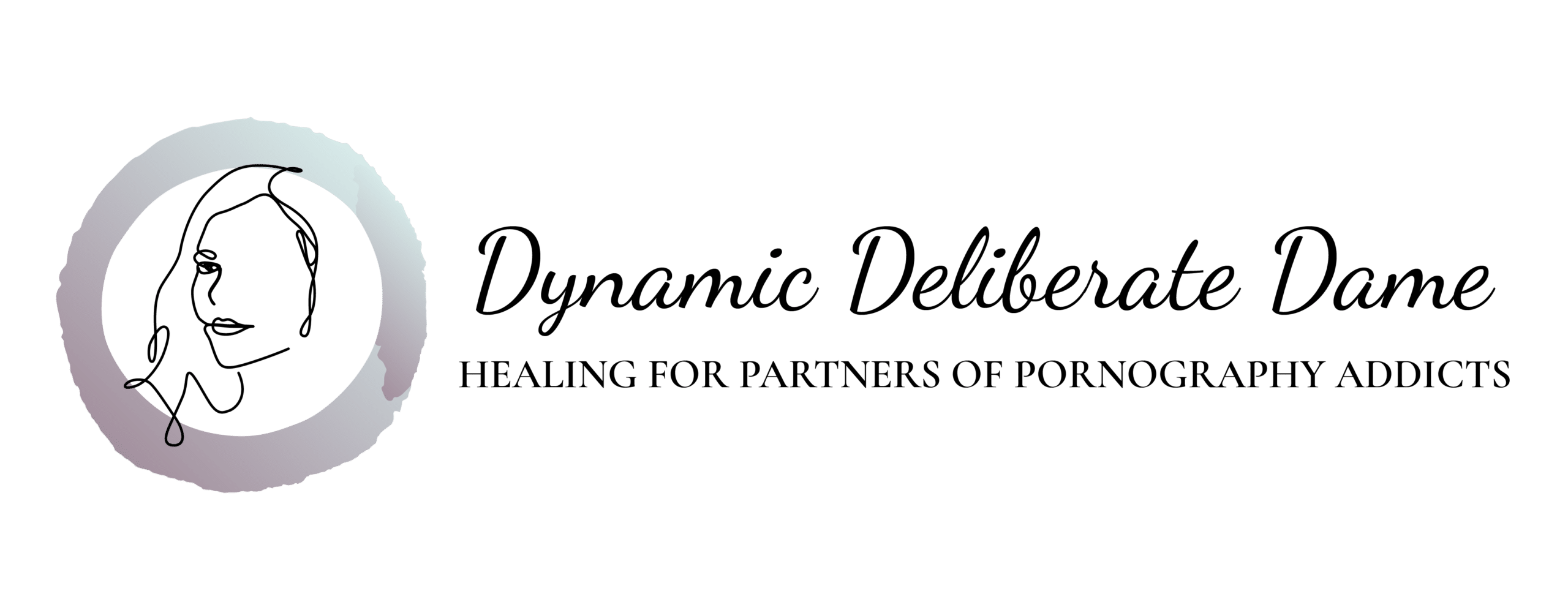Dealing with the discovery of your husband’s pornography addiction can be very lonely. Often, we don’t want to tell anyone about it because we feel embarrassed and ashamed. We don’t know where to find supportive resources within our personal support systems. It is likely, though, that you will eventually tell someone. Friends and family can seem like a safe bet because they love you and have your best interests in mind. But, their response may not always be supportive.
My story
After my first discovery or first couple of discoveries, I shared general information and questions with my friends. At the time, I was trying to make sense of what he was doing, find out if it was normal and seek advice. I didn’t share all of the nitty-gritty details. That seemed to work out okay because I was able to talk about it but not share the specifics about everything that was happening. Heck, I really didn’t know the magnitude of everything that was happening at that point. I just thought my husband hid his porn use from me. Years later and multiple discoveries later, I hit the wall. I was just done. His actions showed me that he was never going to change and I realized that I was the one who needed to make a change if things would ever be different. I needed to stop trying to fix it and I needed to focus on my own needs. It was then that I shared with several friends what had been going on throughout our entire marriage and some of the gory details behind his addiction. I needed support, I needed to be heard, and I needed people on my side. My friends seemed to be the right group. Over time I realized that maybe they weren’t the right people to tell. They each had their own opinion on what decisions I should make and I was never going to please them all. Unfortunately, it strained some of the relationships. I would have never told them if I knew that it would lead to yet another loss in my life.
Who are your supportive resources?
If you are thinking about sharing your story with friends and family, be very clear about what you need from them. If you need to just vent, let them know that and tell them that you don’t need advice or even a response. You just need to get the words out. If you need a distraction, tell them that you just need to take your mind off of something. They truly do want to support you but they may not have the skills to do it effectively. We all have our own opinions and experiences that act as filters. For example, when they push you to make a decision, it’s because it’s what they think is best for you but it might not actually be what’s best in the long run. You will know what is best for you as you process what has happened and begin to heal from the betrayal.
Safer, supportive resources
Friends and family don’t get it but other partners do. Consider these options for safer places to share and seek support:
- Partner Support Groups
- Professional therapy sessions
- Individual Coaching Programs
*The information contained on this site is not intended or implied to be a substitute for professional medical advice, diagnosis, or treatment. In addition, blog posts may contain affiliate links which means that I may be compensated if you click and make a purchase.


